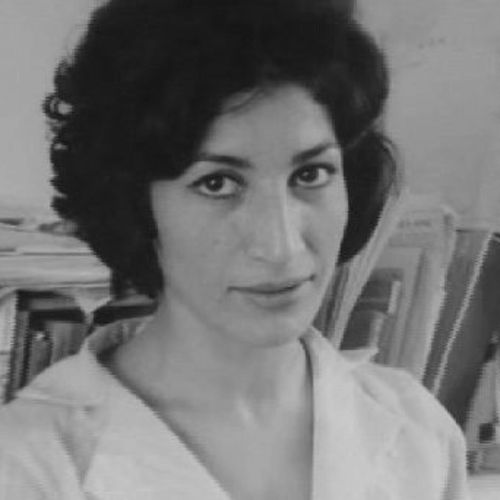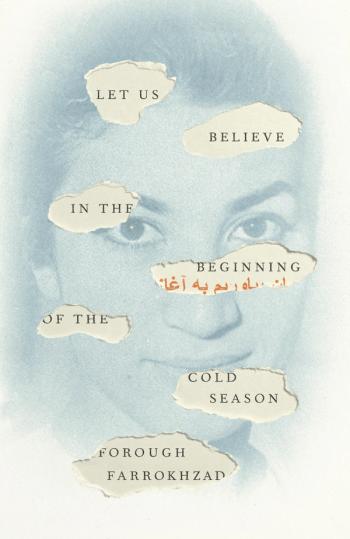Forough Farrokhzad
Poet, filmmaker, screenwriter, and painter, Forough Farrokhzad (1934–1967) was born the third of seven children in Mazandaran, north of Tehran. Drawn to reading and writing poetry as a child, she dropped out of high school to study painting and dressmaking at a technical school. At age sixteen she fell in love with her mother’s cousin; they married, moved to a provincial town, and had a son. During her marriage she worked as a seamstress and wrote the poems of her first collection, The Captive (1955). In the fall of that year, she divorced her husband, relinquished all rights to her son, and moved to Tehran. Three more poetry collections followed: The Wall (1956), Rebellion (1958), and Another Birth (1964). She also translated the work of George Bernard Shaw and Henry Miller, and made a groundbreaking documentary, The House Is Black (1962), about a leper colony in northeastern Iran. Her posthumous collection of late poems Let Us Believe in the Beginning of the Cold Season was published in 1974.

